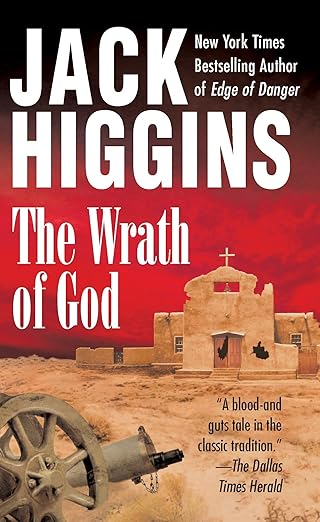“So where does that leave us?” I asked
miserably.
“There’s a little cove I know of, north of
Malacca, where a man might find some friends.”
“Contrabanders and pirates, you mean.”
The Irishman pulled his head back in. His
voice was hard. “A pirate, you might know, is a poor man with the gall to act
like a rich one.”
This novel follows a Civil War Naval veteran escaping
a past by venturing to the South Seas where he winds up on an unusual
paddleboat voyage up a jungle river.
The novel plays as an historical adventure mixed with
a quest with dreamlike overtones and a dash of Conrad’s Heart of Darkness
thrown in for good measure.
The dreamlike qualities touched on here and there kept
this reader at a bit of a remove from the action.
What I enjoyed most were the concrete touches. The
concocted relationship with Alfred Russell Wallace, the co-discoverer of evolution,
the nautical lore and the threat of what is to be found in the unknown jungle
ahead.
Well-written if a bit too ornate in its dreaminess at
times; it’s as if the author were “dressing up” a straight adventure novel with
a reach for a bit more.
I can’t fault him for that; many fine storytellers
[Talbot Mundy comes to mind immediately] traipse into the mystical to ornament their
tales.
It is merely my taste speaking here that finds these phantastic
additions to remove me from the story.
If your taste for the fantastic old school adventure
is high, you may have a fine time in front of you.







